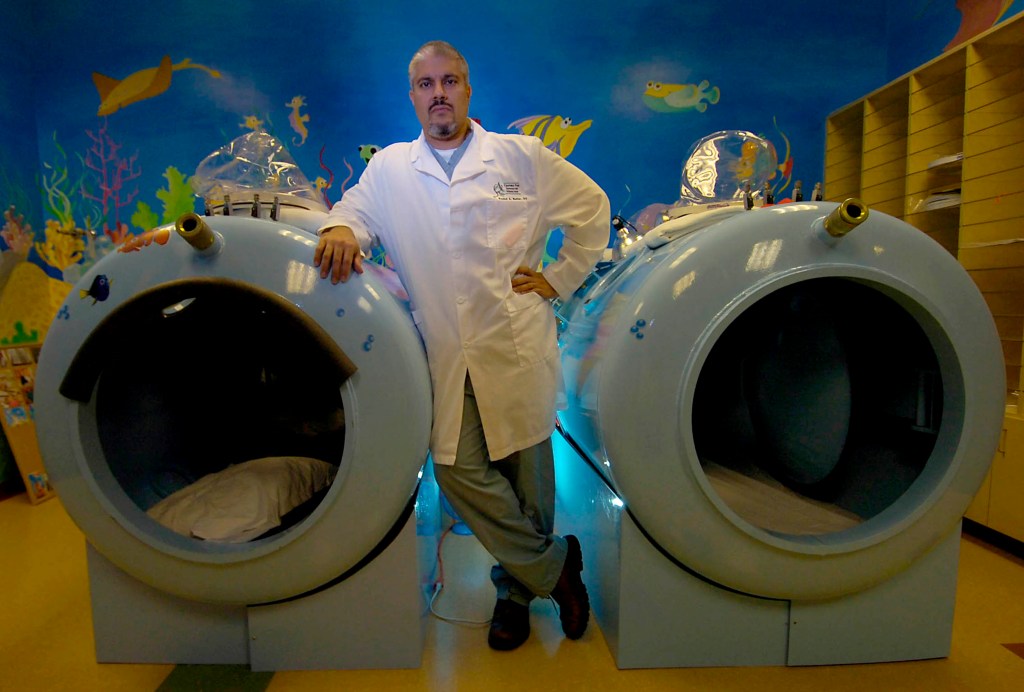The dominant strain driving most COVID-19 cases in the United States is now the highly contagious Delta variant, which is infecting unvaccinated folks at some of the highest rates thus far in the pandemic. And while vaccines are—so far—effective at preventing serious illness, breakthrough infections are happening. It’s all starting to feel eerily familiar: Mask mandates are back and lockdowns are being teased; should we also return to regular COVID testing, even if we’re fully vaxxed?
Just a few months ago, that answer was no; as Michael Saag, associate dean of the Division of Infectious Diseases at the University of Alabama Birmingham, previously told VICE, the three vaccines currently available in the United States are so effective that regular testing, pre-Delta, was not necessary. If you were exposed to COVID, you could safely assume the vaccine was doing its job and preventing infection.
Videos by VICE
Now, as MarkAlain Dery, a doctor specializing in infectious diseases, told VICE, the scene has changed. The Delta variant is so much more contagious than the original alpha strain (the strain out of China that dominated infections in the United States previously), that, even if you are vaccinated, you should get a PCR test (not a rapid or OTC test) any time you have known or suspected exposure to COVID-19, or start experiencing symptoms in line with COVID-19 (more on that in a second).
But why, you may be wondering, if I’m not at risk for serious infection anyway? As CDC Director Rochelle Walensky warned on Thursday, vaccinated folks who get breakthrough infections can spread illness to others—something scientists were previously unsure about. This means that, even if you’re vaxxed, the same rules apply as before: If you do test positive, you should isolate for 14 days to avoid spreading infection to others.
You should also be tested if you start experiencing symptoms in-line with those of COVID-19, which look a bit different than they did this time last year. Rather than the tell-tale loss of taste and smell, Dery said breakthrough infection symptoms are more like those of the common cold: Sore throat, congestion, headache, and possibly a mild cough. This is especially confusing and important, because seemingly everyone in the United States has come down with the actual common cold this summer. (Though, if you got sick and weren’t tested, how sure can you really be?)
As Dery noted, the CDC doesn’t currently have any guidance for vaccinated folks to quarantine, in the instance that they’re exposed to COVID or symptomatic for it, but he personally suggests doing so, if you can. And if you live in one of the countless places that’s colored in red on this map and are going out frequently, you may consider getting tested regularly as a precaution, because community spread is so high.
All of this sounds like terrible news, and in many ways, it really is! But no one ever said testing was going away. If anything, it’s fortunate that COVID-19 testing is more accessible now (and, at most pharmacies, still free) than it’s been throughout the pandemic, and for the millionth time, the vaccines really do work. While breakthrough infections are possible, they’re largely minor (though still shitty) and don’t land many people in the hospital. Continue to wear a mask, avoid crowded indoor spaces, get your fucking vaccine if you haven’t, and get tested if and when you’re inevitably exposed to COVID in the coming months.
Follow Hannah Smothers on Twitter.





